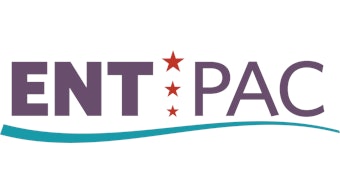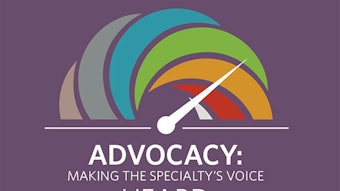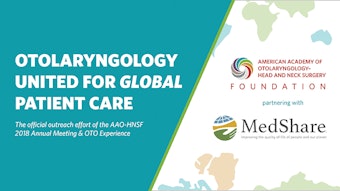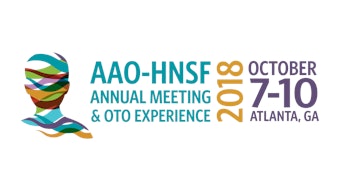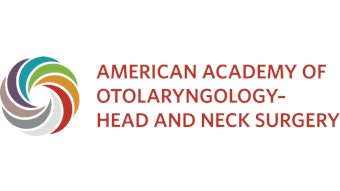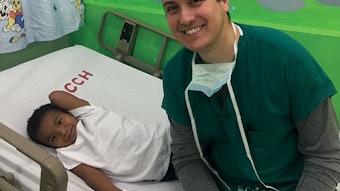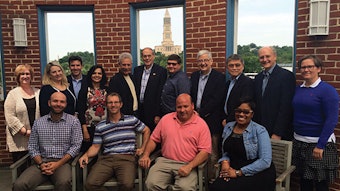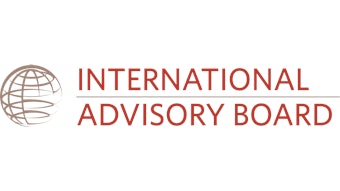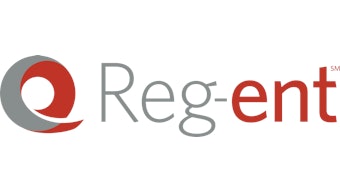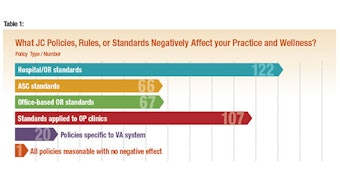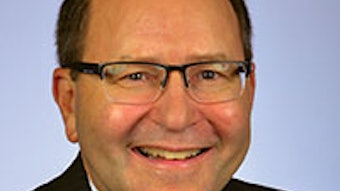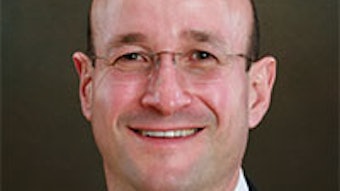Board of Governors: Mentorship through Academy meetings
During my residency and first few years of practice, I looked forward to attending the AAO-HNSF Annual Meeting because of the dynamic speakers and exciting courses to further develop my surgical skill set.
Troy D. Woodard, MD
Vice Chair, BOG Legislative Affairs Committee
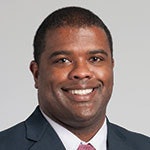 Troy D. Woodard, MD
Troy D. Woodard, MD
Now that I am nine years out of training, my viewpoint has evolved. I have come to realize that the Annual Meeting and the AAO-HNS/F Leadership Forum & BOG Spring Meeting are much more than aggregations of key thought leaders spreading their knowledge. I now appreciate that our meetings are fertile environments that cultivate collaborations, personal and professional relationships, and key networks.
Although I enjoy meeting up with old friends and colleagues at Academy/Foundation events, I most value the mentorship opportunities provided. My passion and motto has always been to “get involved and give back to my community.” At the start of my career, while I possessed the desire and drive to get more engaged, I really didn’t know how or where to start.
However, that changed when I attended my first Leadership Forum & BOG Spring Meeting. I felt welcomed. The environment was intimate and provided the opportunity to speak with the leaders of our Academy and Board of Governors (BOG).
I realized that many of our leaders had been in similar predicaments early in their careers, and they relied on key relationships with mentors to help navigate their career paths. It was that guidance and encouragement of others that gently pushed them toward their goal. It was motivating to hear the different paths to success taken by Academy leaders. I was also surprised to find that many of the people I met seemed to have a genuine interest in my development. Although I expected to have a casual conversation with some of the leaders, I never expected for anyone to take an interest and place a stake in my development, but that is exactly what happened.
During one Academy meeting, the person I now call my mentor forever changed the trajectory of my career development. First, he asked me, “What do you want to do?” Next, he asked, “How can I help you?” After a brief conversation, he said, “Let’s go do it!”
It was that statement and his authenticity that blew me away. I realized that true mentors not only share knowledge and experience, but also provide advice and accountability to empower their mentee to take action toward their goals. My mentor helped clarify my career roadmap and helped me avoid missteps along the way.
In addition to navigating one’s career path, there are many other benefits of mentor/mentee relationships. For the mentor, the partnership provides a way to give back and engage in a volunteering capacity while expanding his or her network. It also provides the opportunity to improve active listening, communication, and interpersonal skills. Other benefits include developing leadership and management capacity and gaining a broader perspective on relevant issues. Likewise, mentees benefit from the relationship. They learn from the valuable expertise and advice of the mentor and gain needed perspective, encouragement, and support. Oftentimes, this guidance helps the mentee develop a sense of direction and attainable goals.
There are many opportunities within our Academy and various specialty societies to join a formal mentoring program, or a spontaneous mentor-mentee bond might develop from participation in AAO-HNS/F meetings. Whether you are the mentor or mentee, involvement in a mentoring relationship is sure to fuel personal and professional advancement.
